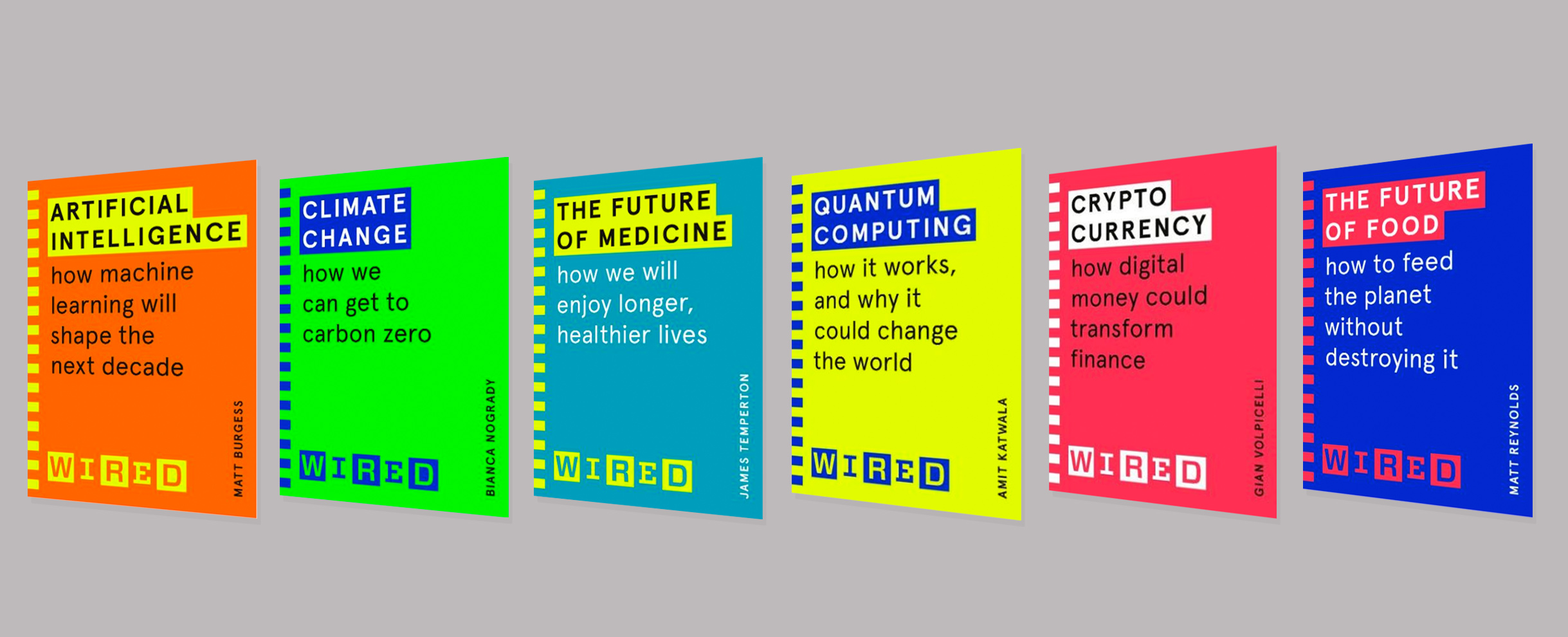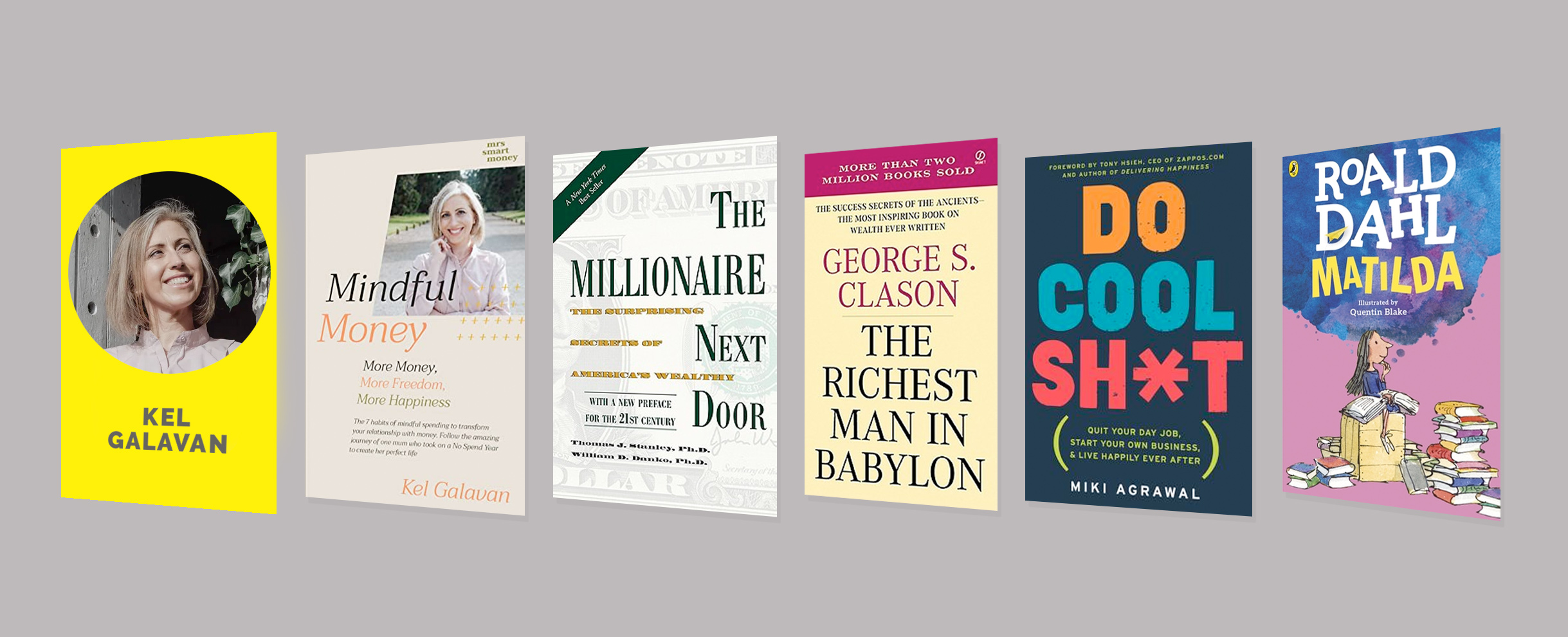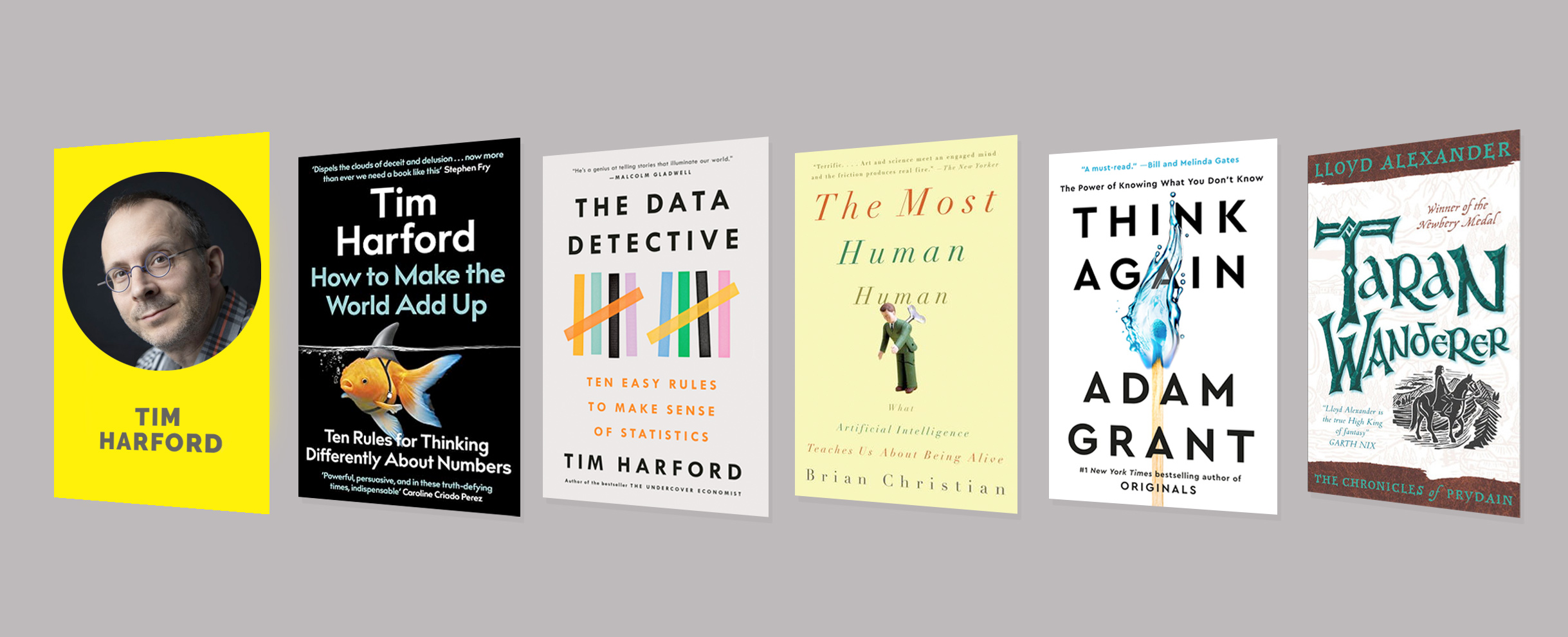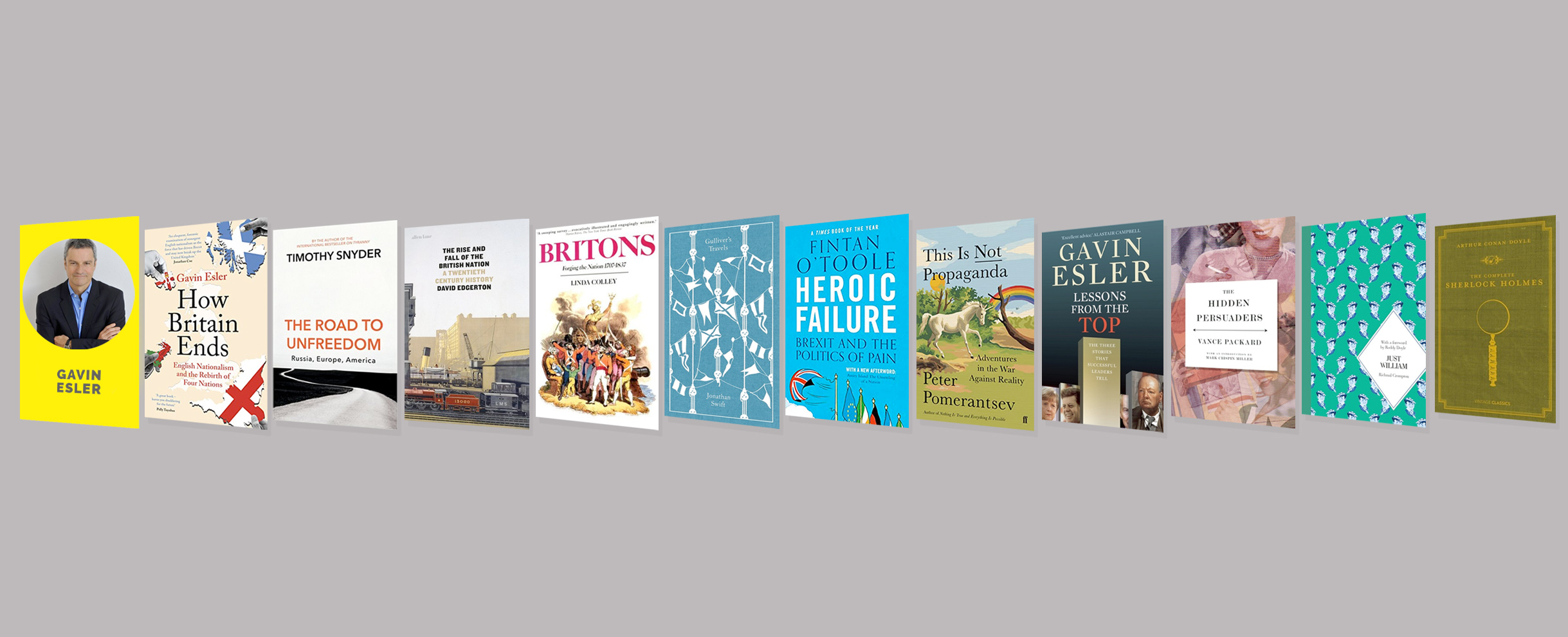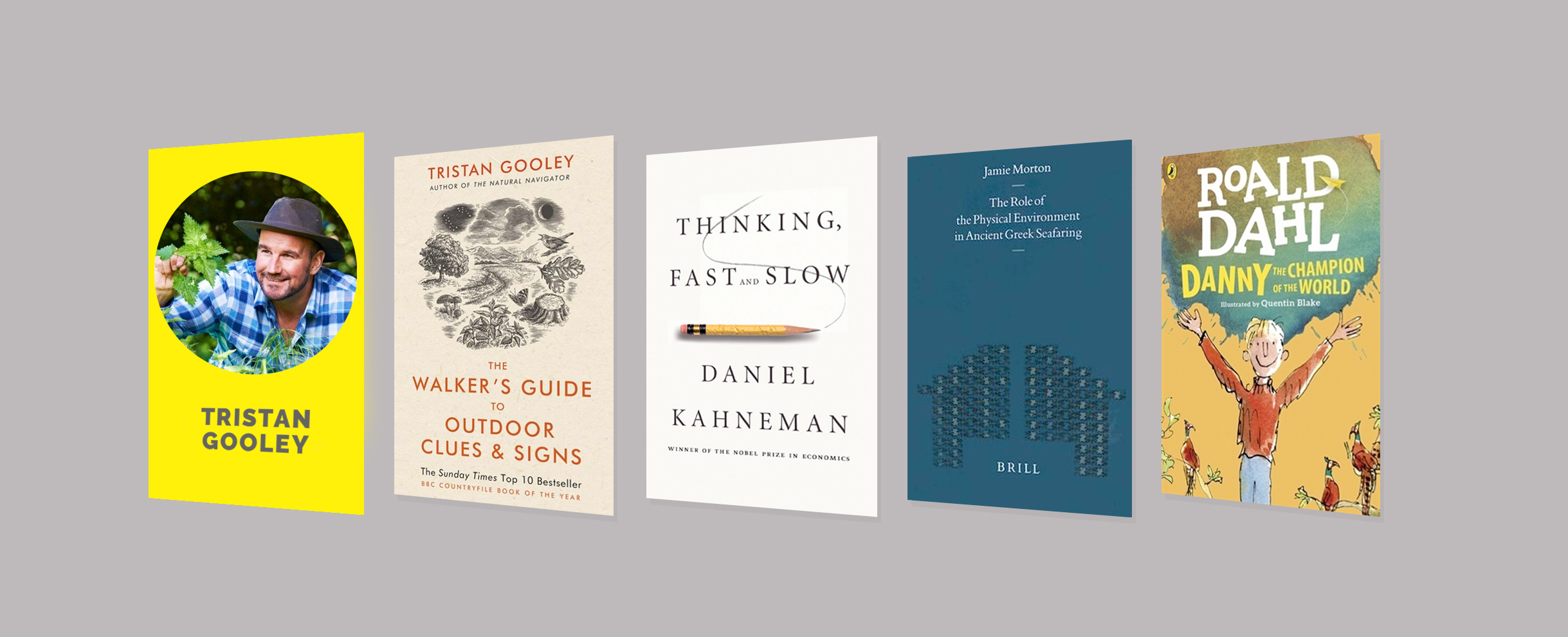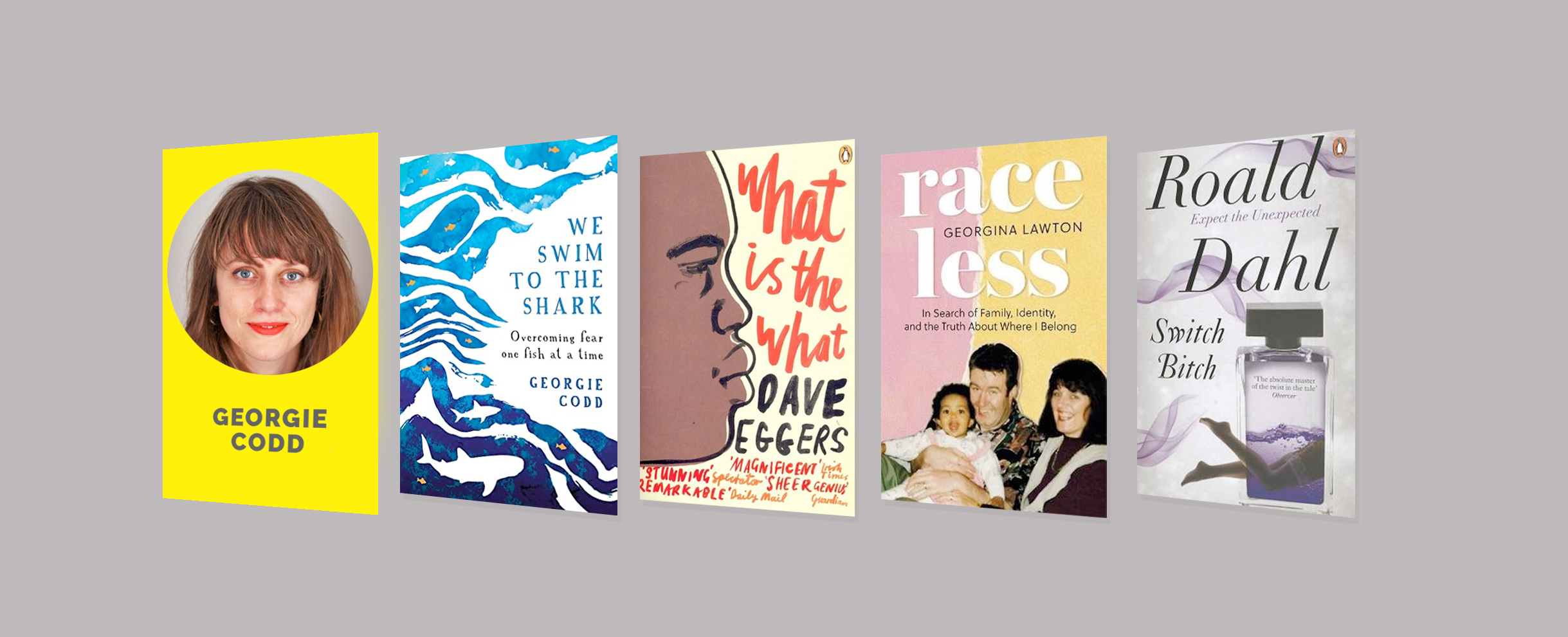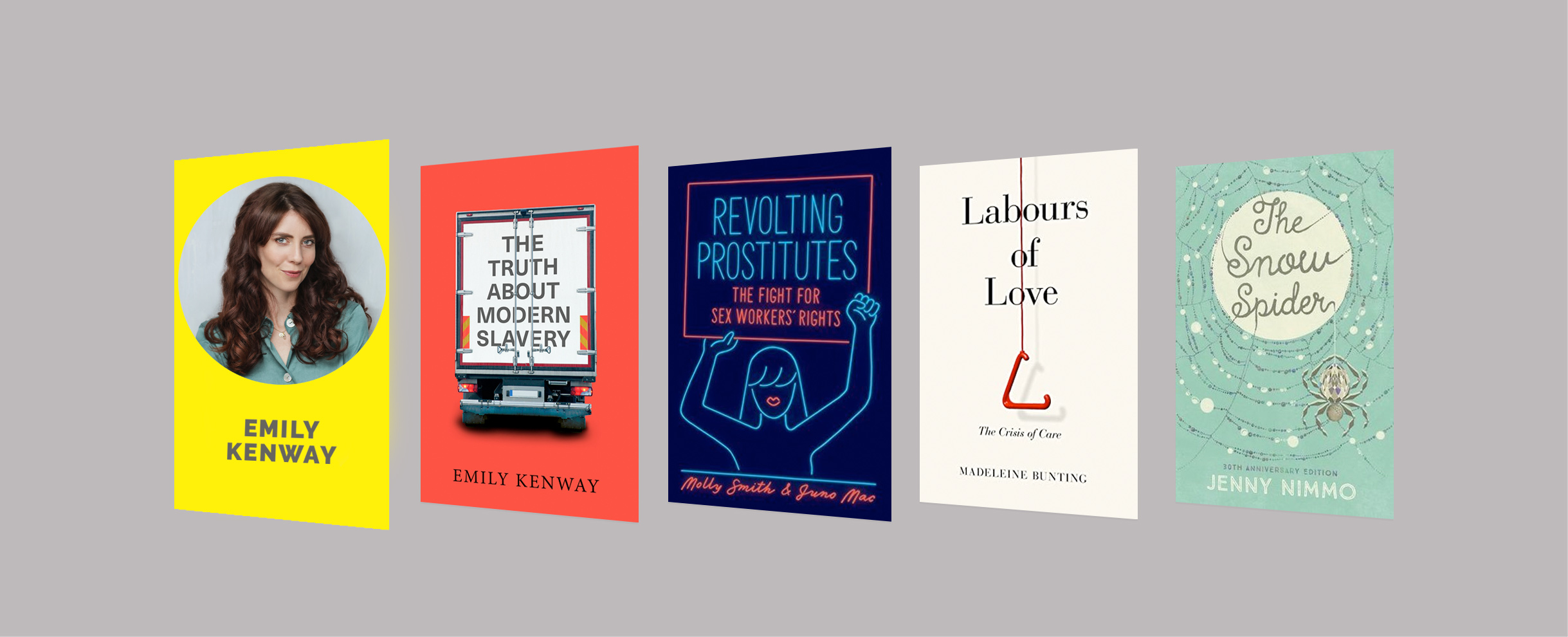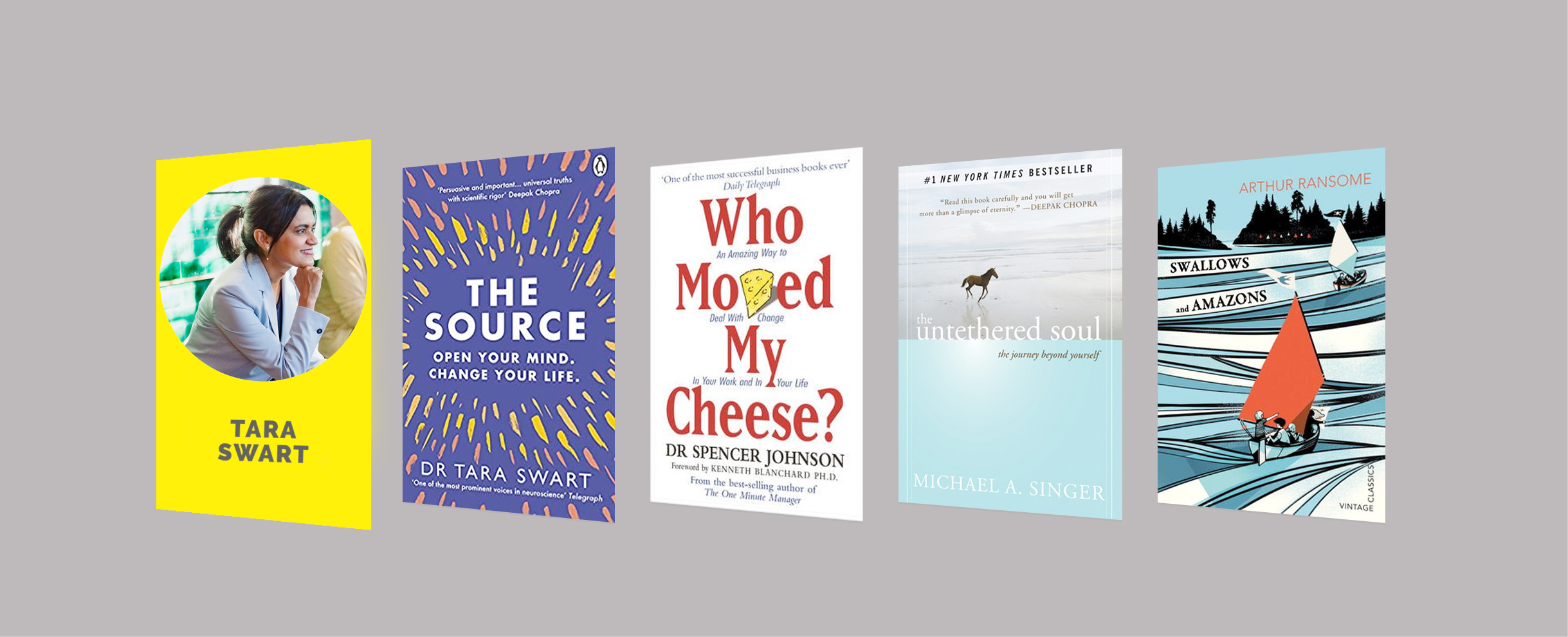Interview with Tom Bergin, author of Free Lunch Thinking: How Economics Ruins the Economy
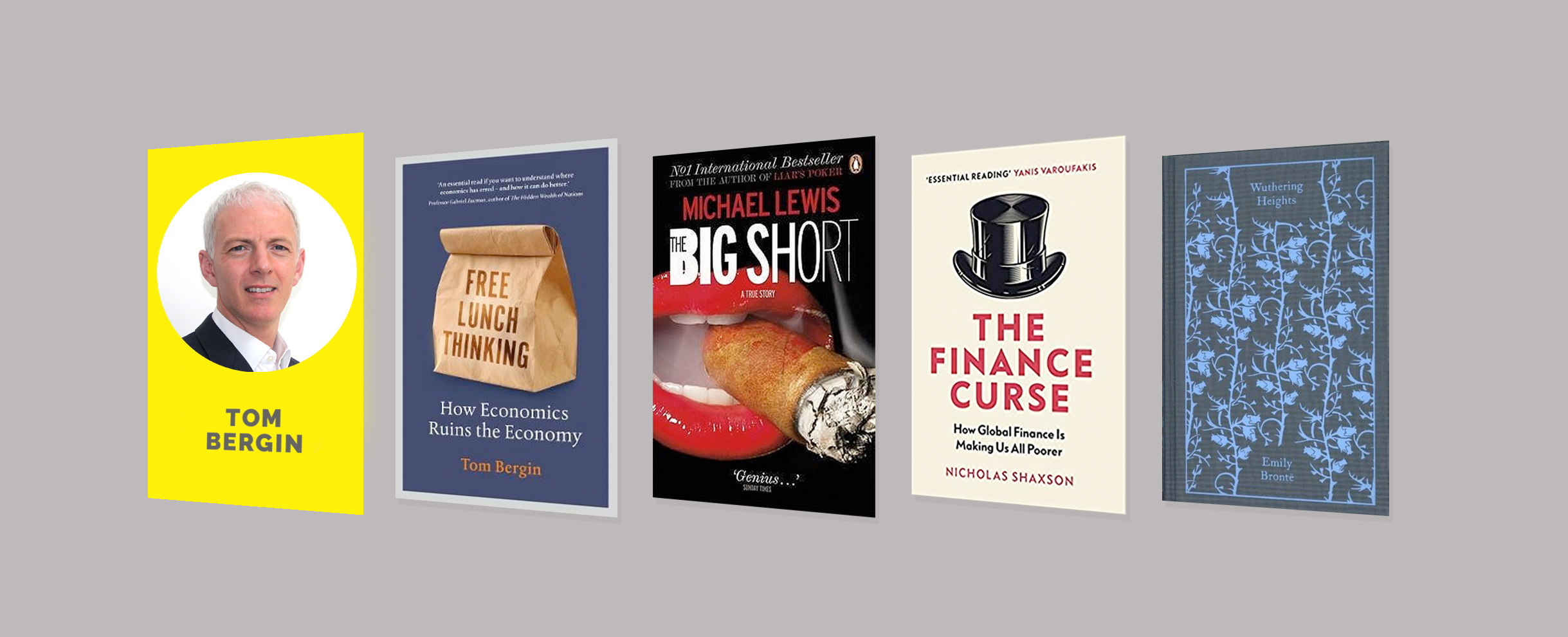
Tom Bergin, author of Free Lunch Thinking: How Economics Ruins the Economy recommends a fascinating group of books! Before jumping into the interview, please check out Tom's book:
Review from Book Depository:
Economic theories and models shape our everyday lives. They are relied on by politicians when tax rises or cuts are being considered. They inform debates about everything from bonuses for CEOs to minimum wage rates to the level of job protection enshrined in law. They determine what levels of tobacco or petrol duty are charged, and influence government approaches to issues as diverse as obesity and climate change.
(All affiliate links earn commission from purchases that help fund this site. Prices accurate at time of writing)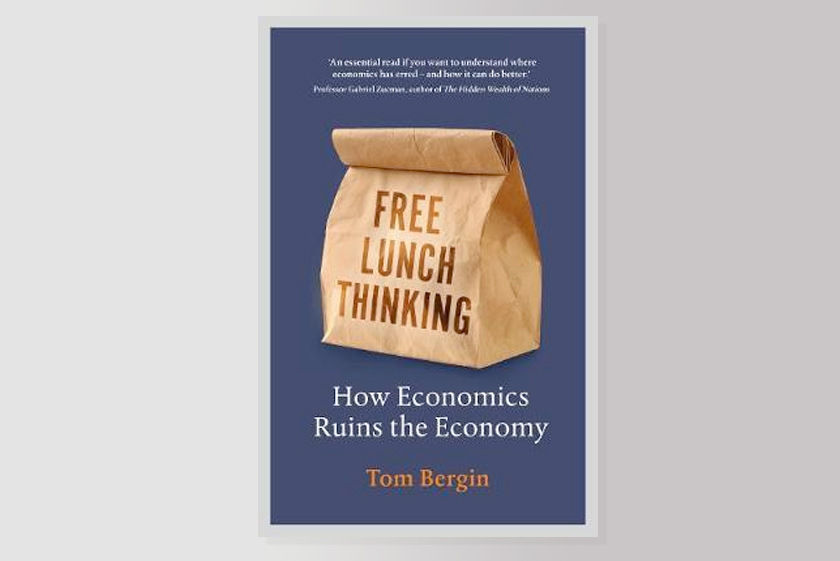
Free Lunch Thinking: How Economics Ruins the Economy
The question is: are policy makers right to be so slavishly reliant on them? Tom Bergin is sceptical, and in Free Lunch Thinking he subjects eight of the most prevalent economic mantras to close scrutiny, assessing how they play out in practice. Again and again, he shows how individuals, companies and markets fail to respond to policy changes as theory predicts. He exposes the missed opportunities and wasted resources that result. And by tracing the development of key economic tenets, he demonstrates how their champions' tendency to believe in phenomena for which they have little hard evidence leaves accepted economic wisdom frequently being more about faith than facts.
His book both exposes and challenges lazy thinking. It also sets out a path for more considered future.
Buy On:
Book Depository €27.29
Waterstones £17.99
Wordery $19.91
Q. Do you have a favourite smart thinking book (and why that book)?
One of my favourites is The Big Short by Michael Lewis. It’s about how financiers in the 2000s used complex new financial instruments called credit derivatives to turn the global economy into a giant casino in which they skimmed off a margin on every bet. I liked it partly because I had a minor obsession with credit derivatives ever since writing a series of stories in 2001 about how banks were struggling to manage the risks involved. Lewis takes a complicated and potentially dull subject and makes it digestible. As an investigative financial journalist, I often look for stories in the areas others find too boring or arcane to examine – it’s where the most noxious scams hide. The first step to being able to simplify a complex subject for a non-expert reader is to really understand it. Lewis is renowned as a story-teller but his deep research is also critical to his craft.
Review from Book Depository:
THE OUTRAGEOUS NO.1 INTERNATIONAL BESTSELLER, NOW AN OSCAR- AND BAFTA-WINNING FILM
(All links earn commission from purchases. Prices accurate at time of writing)
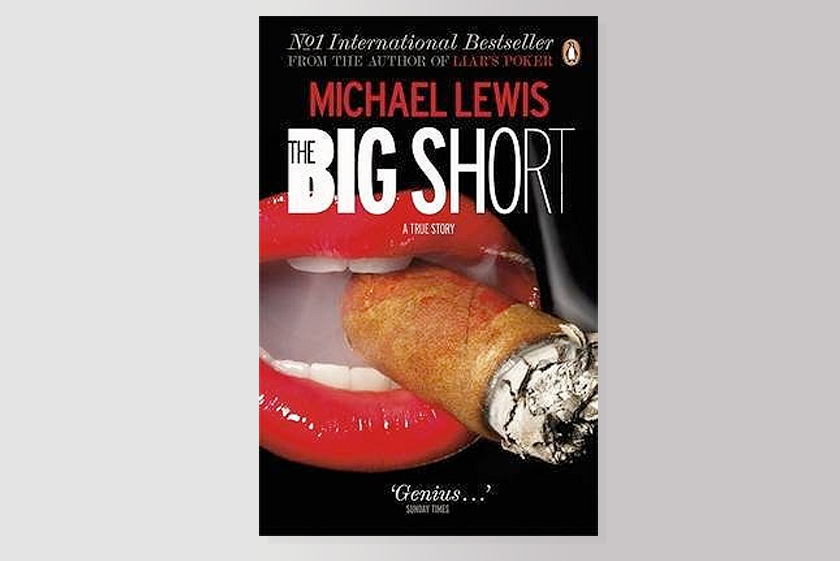
The Big Short: Inside the Doomsday Machine
From the jungles of the trading floor to the casinos of Las Vegas, The Big Short, Michael Lewis's No.1 bestseller, tells the story of the misfits, renegades and visionaries who saw that the biggest credit bubble of all time was about to burst, bet against the banking system - and made a killing.
Buy On:
Easons €14.00
Book Depository €13.64
Waterstones £9.99
Wordery $11.12
Q. What's the most recent smart thinking book you've read (and how would you rate it)?
The Finance Curse by Nicholas Shaxson
Review From Book Depository:
This is a book that none of us can afford to ignore - an agenda-setting, campaigning investigation that shows how global finance works for the few and not the many.
We need finance - but when finance grows too big it becomes a curse.
(All links earn commission from purchases. Prices accurate at time of writing)
Like Lewis, Nicholas Shaxson is a great teller of stories about the darker nooks and crannies of the global economy but what I liked about this book was Shaxson’s critique of the thesis of competition. Whenever ministers, central bankers or international organizations like the IMF talk about the economy, they copiously cite the word ‘competition’. Shaxson rejects the intellectual framework of seeing the global economy as a race between nations which must bring winners and losers. He sees the potential for all countries to be winners. I find this convincing. One of my great realizations in life was that achieving successes was less about beating others than about managing my own weaknesses. For some reason we’re wedded to seeing life in Darwinian terms but in many respects humanity represents the end of physical evolution. Now, advancement is more about co-operation than competition.
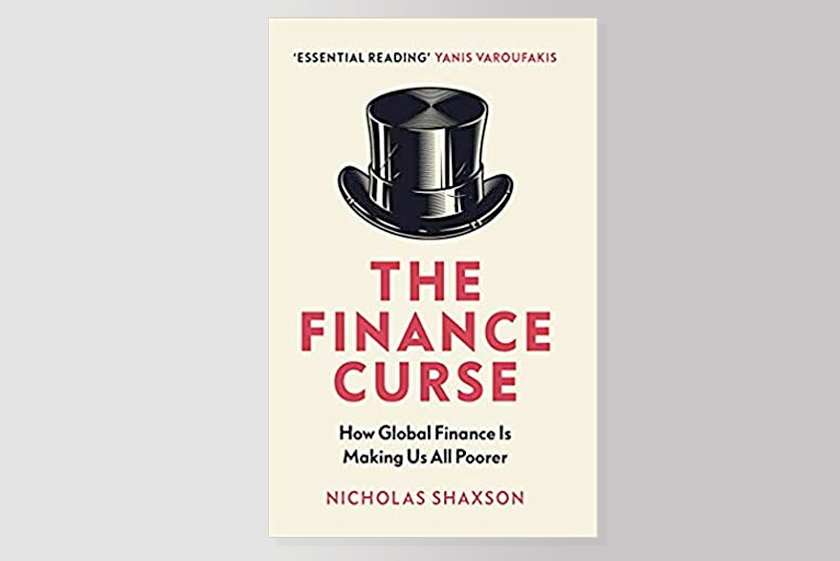
The Finance Curse: How global finance is making us all poorer
The City of London is the single biggest drain on our resources, sucking talent out of every sphere, siphoning wealth and hoovering up government time. Yet to be 'competitive', we're told we must turn a blind eye to money laundering and appease big business with tax cuts.
Tracing the curse back through economic history, Nicholas Shaxson uncovers how we got to this point. Moving from offshore tax havens to the bizarre industry of wealth management, he tells the explosive story of how finance established a stranglehold on society - and reveals how we can begin to break free.
Buy On:
Easons €28.00
Book Depository €12.68
Waterstones £9.99
Wordery $12.35
Q. Do you have a favourite childhood book?
Wuthering Heights was the book that taught me to love literature. I was a terrible English student at school and only picked up the book because I had to read it for my course. However, after finishing it, I found myself going back and reading it again for pleasure. Previously I had enjoyed reading popular teenage fiction like S.E. Hinton and light-hearted classics like P.G. Woodehouse but Wuthering Heights showed me that serious literature wasn’t something you only read to pass an exam.
Review From Book Depository:
Part of Penguin's beautiful hardback Clothbound Classics series, designed by the award-winning Coralie Bickford-Smith, these delectable and collectible editions are bound in high-quality colourful, tactile cloth with foil stamped into the design.
(All links earn commission from purchases that help fund this site. Prices accurate at time of writing)

Wuthering Heights
In a house haunted by memories, the past is everywhere ...
As darkness falls, a man caught in a snowstorm is forced to shelter at the strange, grim house Wuthering Heights. It is a place he will never forget. There he will come to learn the story of Cathy: how she was forced to choose between her well-meaning husband and the dangerous man she had loved since she was young. How her choice led to betrayal and terrible revenge - and continues to torment those in the present. How love can transgress authority, convention, even death.
Buy On:
Easons €14.99
Book Depository €15.86
Waterstones £14.99
Wordery $17.17
Q. Do you prefer reading on paper, Kindle or listening to an audiobook?
I prefer electronic books when I am doing research for a story or book simply because it’s easier to scan through a screen and also, to go back and find something you suddenly realise is relevant. But it’s hard to feel emotional about a screen. I love paper. I love the touch and even the smell. And it’s robust and doesn’t need to be recharged!
Q. Do you have a favourite bookshop (and why that shop)?
The Barnes Bookshop in southwest London is a particular favourite. I feel lucky to have a bookshop in the neighbourhood where I live and it has also got me out of a few scrapes when I needed to buy a present at short notice. A book is the most wonderful thing to give someone – you can’t help but agonize over its suitability. It is perhaps the most personalised of gifts.
Many thanks to Tom for recommending a fascinating group of books! Please don't forget to check out Tom's book Free Lunch Thinking: How Economics Ruins the Economy.
Daryl
Image Copyrights: Cornerstone (Free Lunch Thinking), Penguin Books Ltd (The Big Short, Wuthering Heights), Vintage Publishing (The Finance Curse).
< Home

